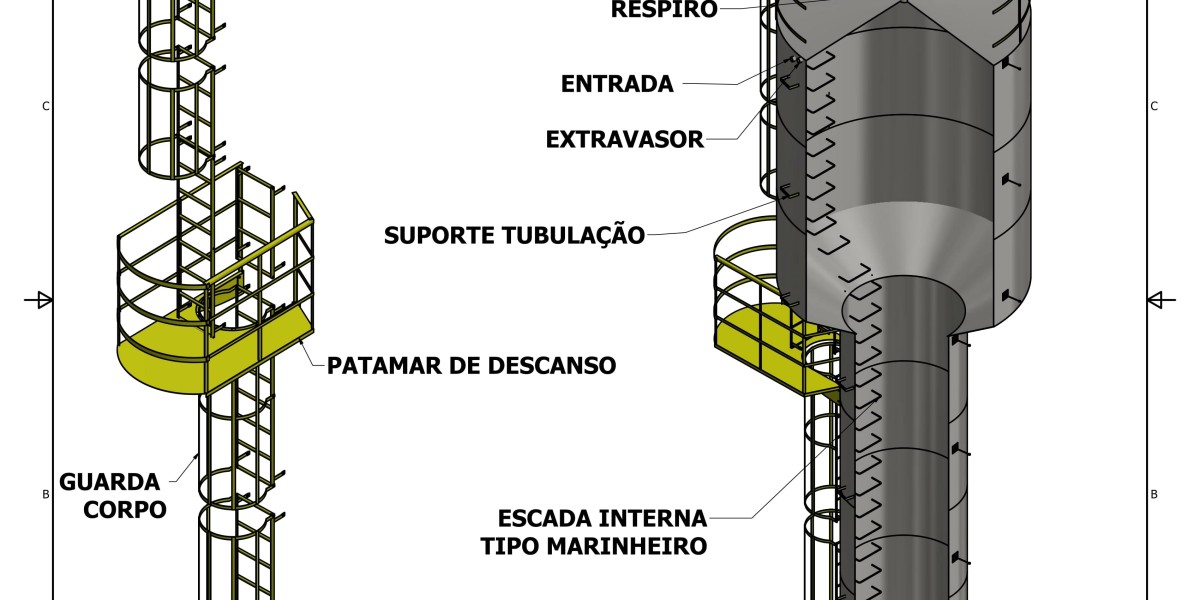The global automotive thermal management market is experiencing substantial and accelerating growth, driven by increasingly stringent emission regulations, the growing complexity of modern vehicles, and, most significantly, the rapid proliferation of electric vehicles (EVs) and hybrid electric vehicles (HEVs). Effective thermal management is crucial for optimizing engine performance, ensuring passenger comfort, and, in EVs, maximizing battery range and lifespan.
This significant expansion is primarily fueled by the increasing demand for sophisticated thermal management systems in EVs, which require precise temperature control for the battery, powertrain, and cabin.
The market encompasses a wide range of components and systems, including HVAC (heating, ventilation, and air conditioning), engine cooling systems (radiators, pumps, thermostats), battery thermal management systems (coolant loops, heat exchangers, thermal interface materials), exhaust gas recirculation (EGR) coolers, and transmission oil coolers. The shift towards electrification is significantly altering the market landscape, with battery thermal management becoming a dominant growth driver.
The competitive landscape of the automotive thermal management market is moderately concentrated, with several key global automotive suppliers holding significant market share. Key players include Denso Corporation, Mahle GmbH, Valeo S.A., and BorgWarner Inc. These companies are heavily investing in research and development to provide innovative and efficient thermal management solutions, particularly for electric vehicles. This includes developing advanced cooling fluids, compact and lightweight heat exchangers, and sophisticated control systems.
Geographically, Asia Pacific currently holds the largest share of the global automotive thermal management market, driven by its dominant position in vehicle production, including a significant and growing EV manufacturing base, particularly in China. Europe and North America also represent substantial markets, with increasing adoption of electric vehicles and stringent emission standards. However, the Asia Pacific region, including India (given our current location in Pune), is expected to witness the fastest growth. India's rapidly expanding automotive sector, coupled with increasing adoption of EVs and government initiatives promoting electric mobility, makes it a significant and growing market for advanced thermal management solutions. The hot climate in many parts of India further underscores the importance of effective thermal management in vehicles.
The automotive thermal management market is also being influenced by trends towards more integrated and intelligent thermal management systems. These systems utilize sensors, actuators, and sophisticated control algorithms to optimize energy usage and ensure efficient cooling and heating across various vehicle subsystems. The focus on improving energy efficiency and extending the range of electric vehicles is a key driver for these advancements.
In conclusion, the automotive thermal management market is experiencing rapid growth and significant transformation, primarily driven by the electrification of the automotive industry. The Asia Pacific region, including the burgeoning EV market in India, represents a crucial growth engine. Continued innovation in thermal management technologies will be essential to support the performance, efficiency, and safety of both conventional and electric vehicles.
Author's Bio:
Nilesh Shinde
Senior Market Research expert at The Insight Partners








